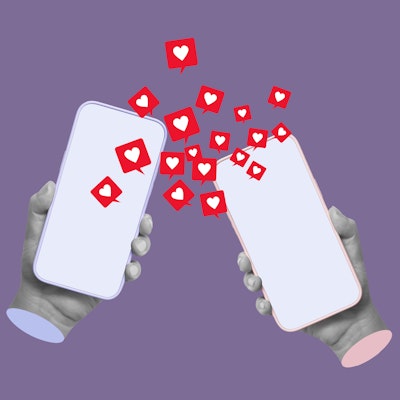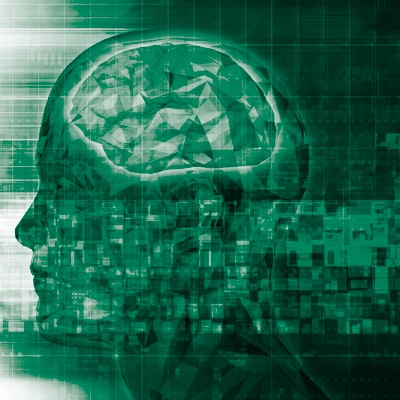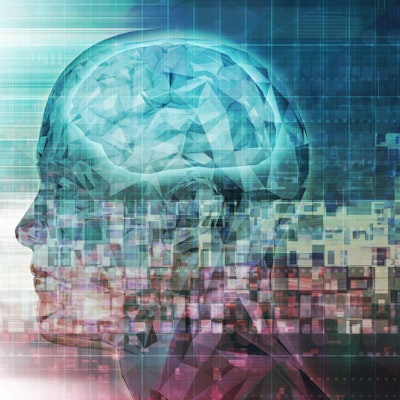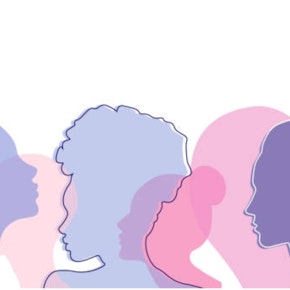Health
Explore
Trending Now

Take a sneak peek at some of the big thinkers and innovative doers who will take the stage at Aspen Ideas: Health from June 20-23, 2024!

Since 2014, Aspen Ideas: Health has welcomed over 700 inspiring women leaders to our stages to share their bold approaches to better health. In honor of Women's History Month, we're taking a look back at some of the many highlights. From medical researchers and clinicians to entrepreneurs and activists, meet 12 change makers who are breaking barriers to reimagine a healthi...

During Aspen Ideas: Health 2023, four innovators shared how they are using new technologies to reimagine the common health devices we use to treat patients and improve their quality of life. Watch the demos to learn how these new takes on the wheelchair, hearing aids, the stethoscope, and more, are challenging the status quo.


After millennia of human existence, we’re still figuring out and talking constantly about one of our most fundamental behaviors – sex. Despite the sexual revolution of the 60s and 70s and the growth of sex positivity in recent decades, a lot of people still report having a lot of bad sex. The reasons for that are varied and multiple, but culture has a role to play, and we...

As Aspen Ideas: Health wraps-up its 10th anniversary year, we're excited to share the ten most-watched sessions from the event. These conversations with artists, advocates, innovators, and leaders sparked our community's curiosity on topics ranging from women's health to biomedical breakthroughs. Explore and share to continue the celebration of bold approaches to better he...


When Duke divinity school professor Kate Bowler wrote her best-selling memoir, “Everything Happens for a Reason (and Other Lies I’ve Loved),” she was grappling with the consequences of a shocking cancer diagnosis. Many of the common messages about hardship, tragedy and success that she’d grown up hearing – and even studied as a religious scholar – no longer seemed to make...


For adults, the pressure to drink at social engagements, work events, restaurants or almost anywhere outside the home can feel constant. Recent research has found that “no amount or kind of alcohol is good for your health,” and a wide variety of health problems can be linked to drinking. The growing “sober curious” movement offers people a way to think about cutting down o...

Whether expressed through systems that are easy to navigate, devices that are friendly to their users, and spaces that are pleasing to the eye, thoughtful design can break down barriers, build trust, and help heal the mind, body, and spirit. Explore the power of design with Aspen Ideas: Health 2023 speakers who are thinking outside the box to build healthier lives and comm...


A technological future where our brain waves could be monitored and our thoughts decoded and analyzed — sometimes against our will — is not as far away as we think. But our existing legal protections and conception of human rights around cognitive liberty are trailing innovations in neurotechnology. Brain hacking tools and devices could bring massive benefits, for people s...

Finding ways to ground ourselves on a planet too often in turmoil can foster the resilience we need to function at our best. By maintaining close personal ties, learning new skills, engaging in civic activities, spending time in nature, enjoying the arts, and seeking counseling, we can support our physical and mental health in profound ways. Aspen Ideas: Health experts sha...

In America, millions of people struggle with mental health including depression, anxiety, and more — all further exacerbated by living through a pandemic. The National Alliance on Mental Illness reports that one in five adults experience mental illness each year, but despite how common it is, mental health is still surrounded by stigma and shame. Our experts are candid abo...

You may have heard of Dry January and mocktails, but what is being "sober curious" really about? Sans Bar's Chris Marshall explains the growing movement and shares how he's building inclusive, alcohol-free communities.

Since 2014, Aspen Ideas: Health has gathered innovative thinkers and doers to elevate and accelerate bold approaches to better health for all. Director Ruth Katz reflects on the last decade of inspiring conversations and connections, which have influenced the work of many of our extraordinary speakers, fellows, and attendees. Check out the new booklet, "Celebrating 10 Year...

The quest for profits, commitments to social impact, and consumer preference are driving unprecedented change in healthcare as investors pour in money, start-ups and big tech upend traditional delivery models, and patients turn to apps to access care in new ways. We are thinking differently about what supports health, redirecting resources into social determinants like edu...

Researchers have made remarkable strides in understanding the intricate workings of the brain, and this knowledge can empower us to take proactive steps in preserving and enhancing our brain health. Learn from experts in the fields of neurology, psychology, and neuroplasticity as they explain the most important things we can do to care for our brains. Not only do these tip...

Setting audacious goals helps to redefine what is achievable in health, medicine, and science. As we deepen understanding of the human genome, unravel the mysteries of the brain, harness the power of AI, and target new vaccines and therapeutics, we push the boundaries of knowledge. Moonshots underway in cancer, nutrition, and health equity could be game changers, taking us...

Everyone has a story to tell – and sharing them reminds us of our common humanity. Few know this better than StoryCorps CEO Sandra Clark. Over the last 20 years, the organization has collected, archived, and shared the extraordinary stories of everyday people. Learn about the powerful ways storytelling and listening can help cultivate empathy and foster understanding.

Advocates, healthcare providers, legislators, researchers, and venture capitalists are bringing the unique health needs of women to light – from vigorous policy debates on issues affecting women’s bodies to groundbreaking research on fertility and menopause to an explosion of women-centered technology. But much more needs to be done. Gender differences in heart disease, de...

What does the latest in neuroscience tell us about human health and consciousness? Aspen Ideas Festival speakers explore how biology is being integrated with technology in unprecedented ways; the science of creativity; nervous system hacks for better living; and tips for navigating mental health when our minds work against us.

It’s a fact: In communities where voting rates are higher, health outcomes are better. That’s why ER physician Alister Martin, the Founder of Vot-ER and CEO of A Healthier Democracy, is on a mission to engage patients and fellow healthcare providers in the civic process. Learn how he's tapping into the power of healthcare settings to drive positive social change for all.























